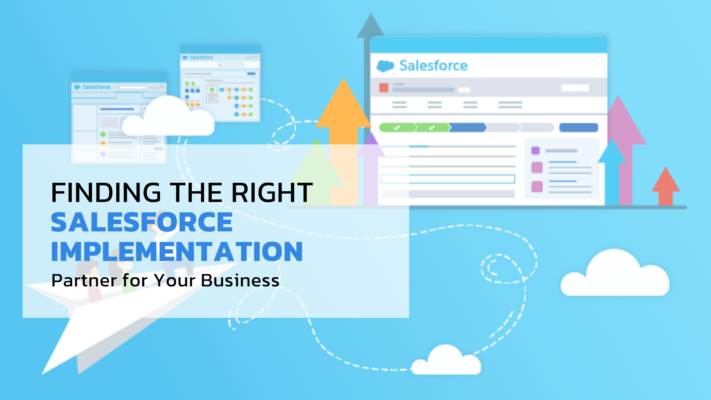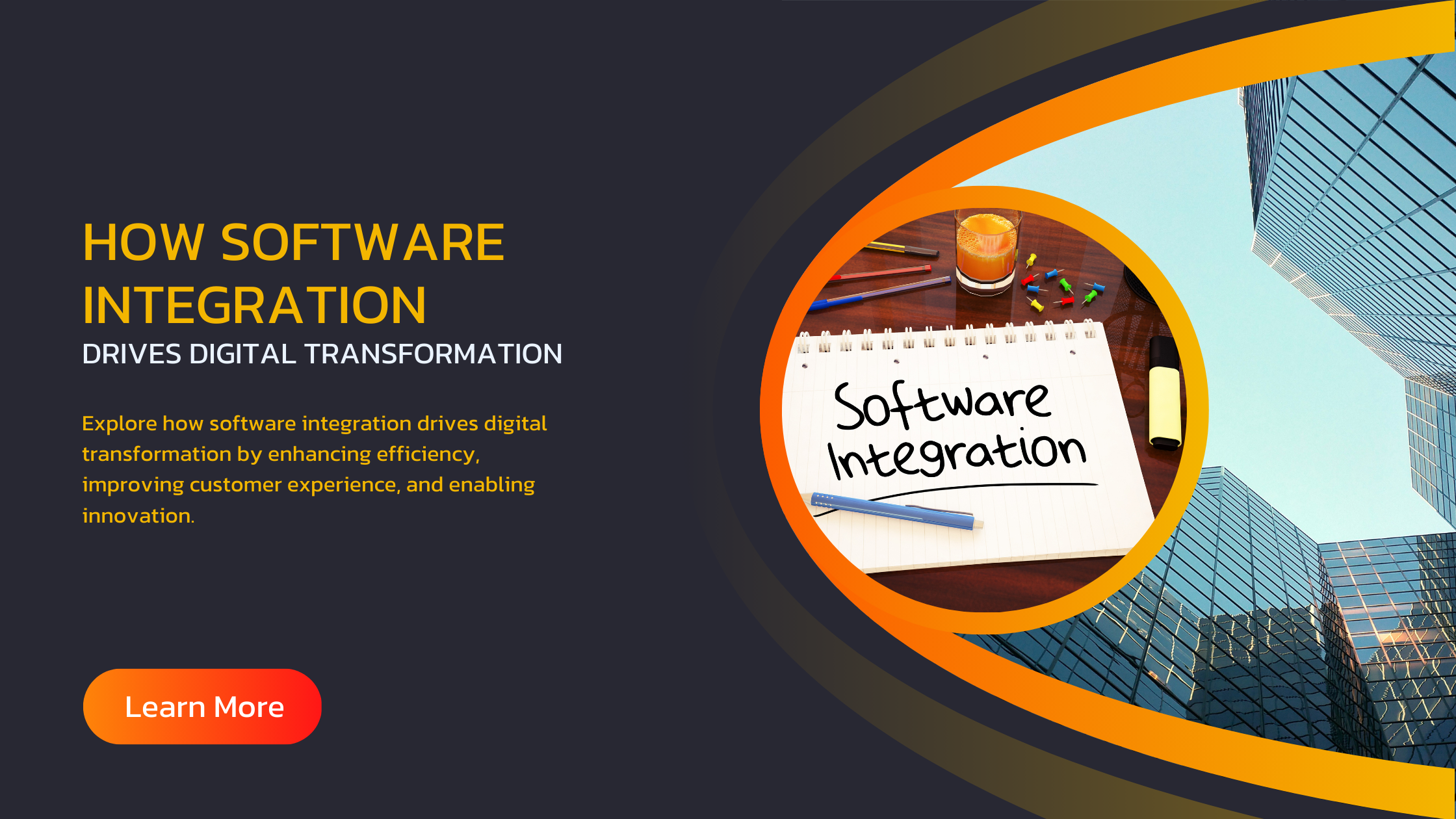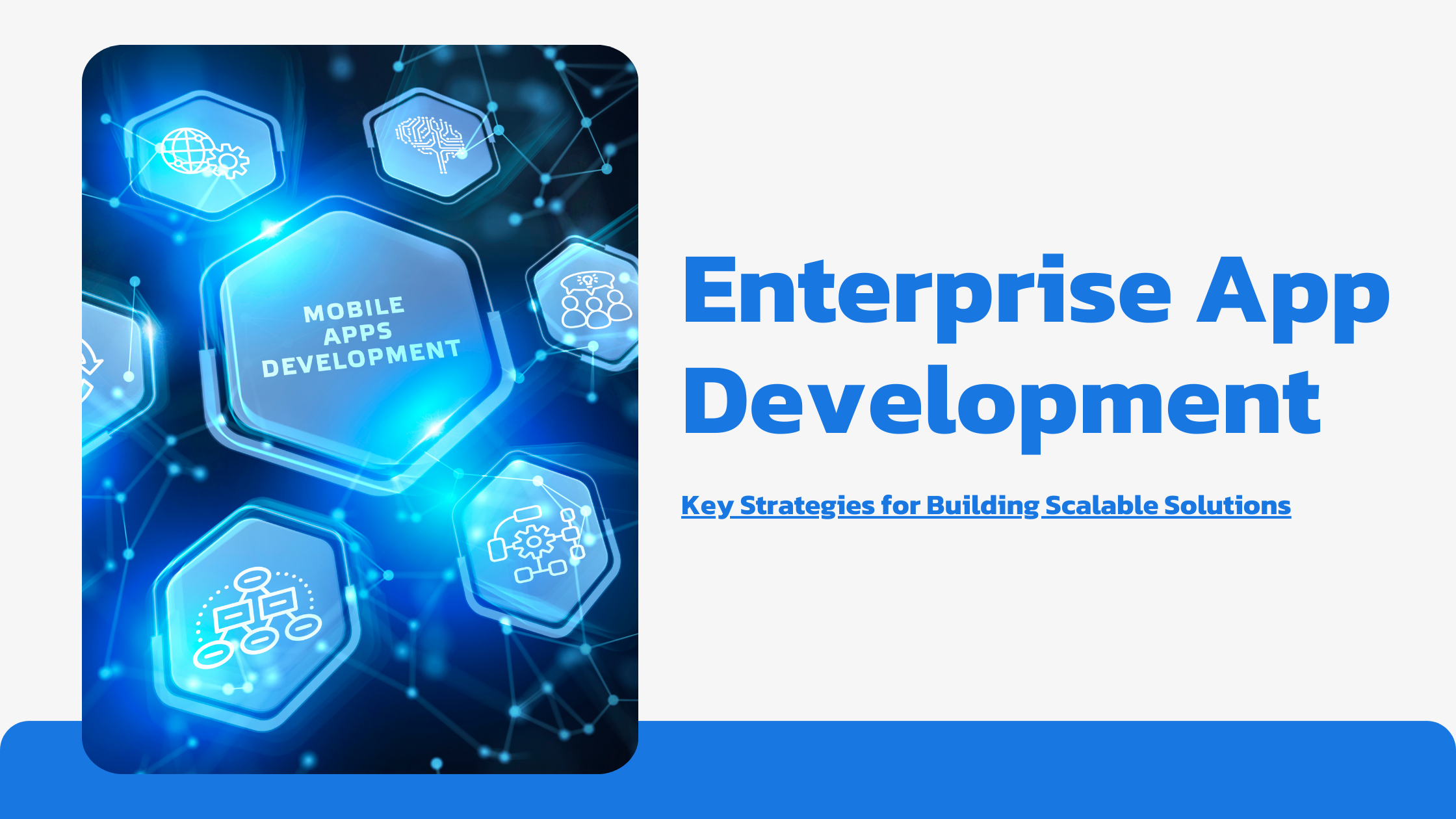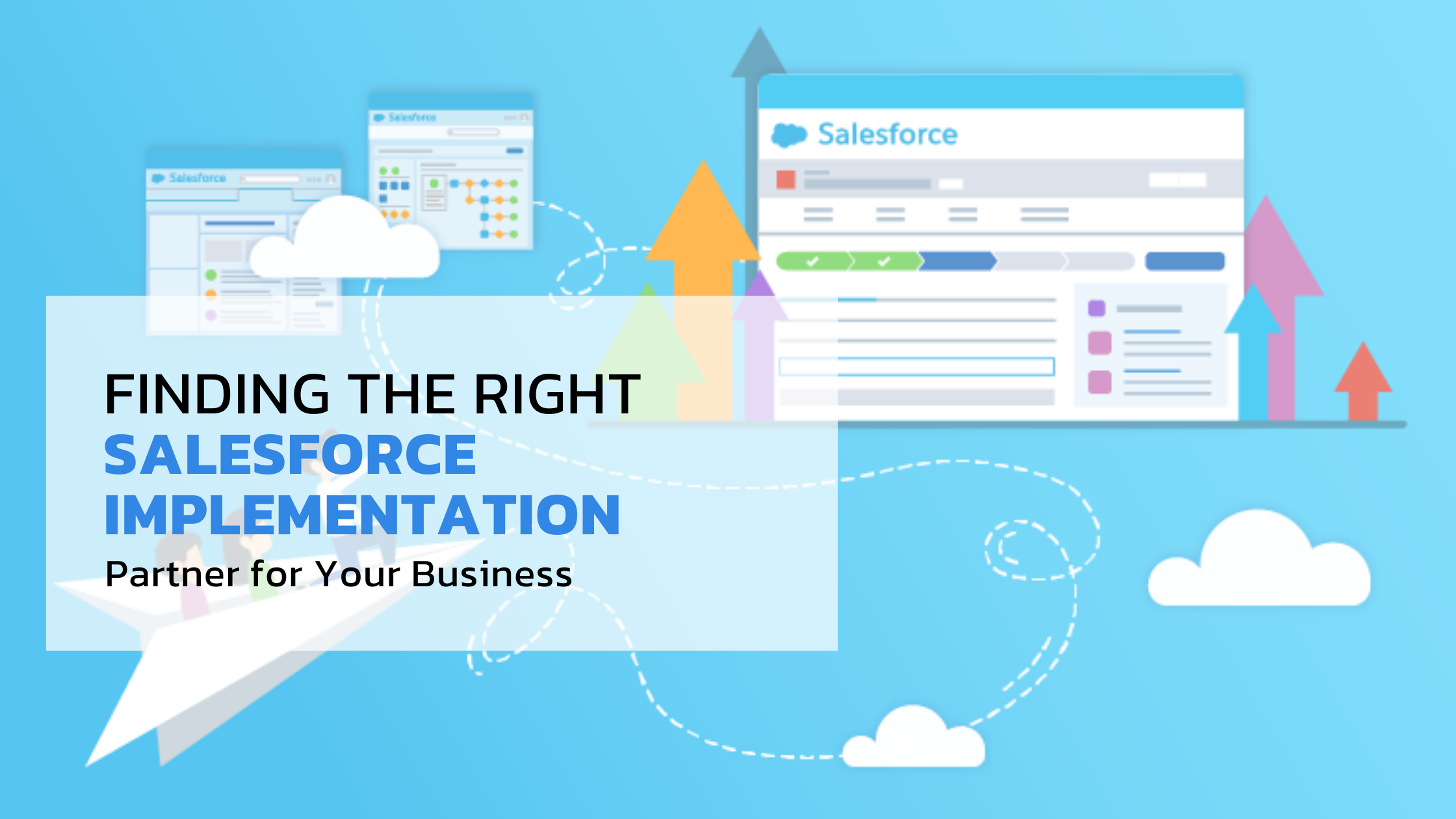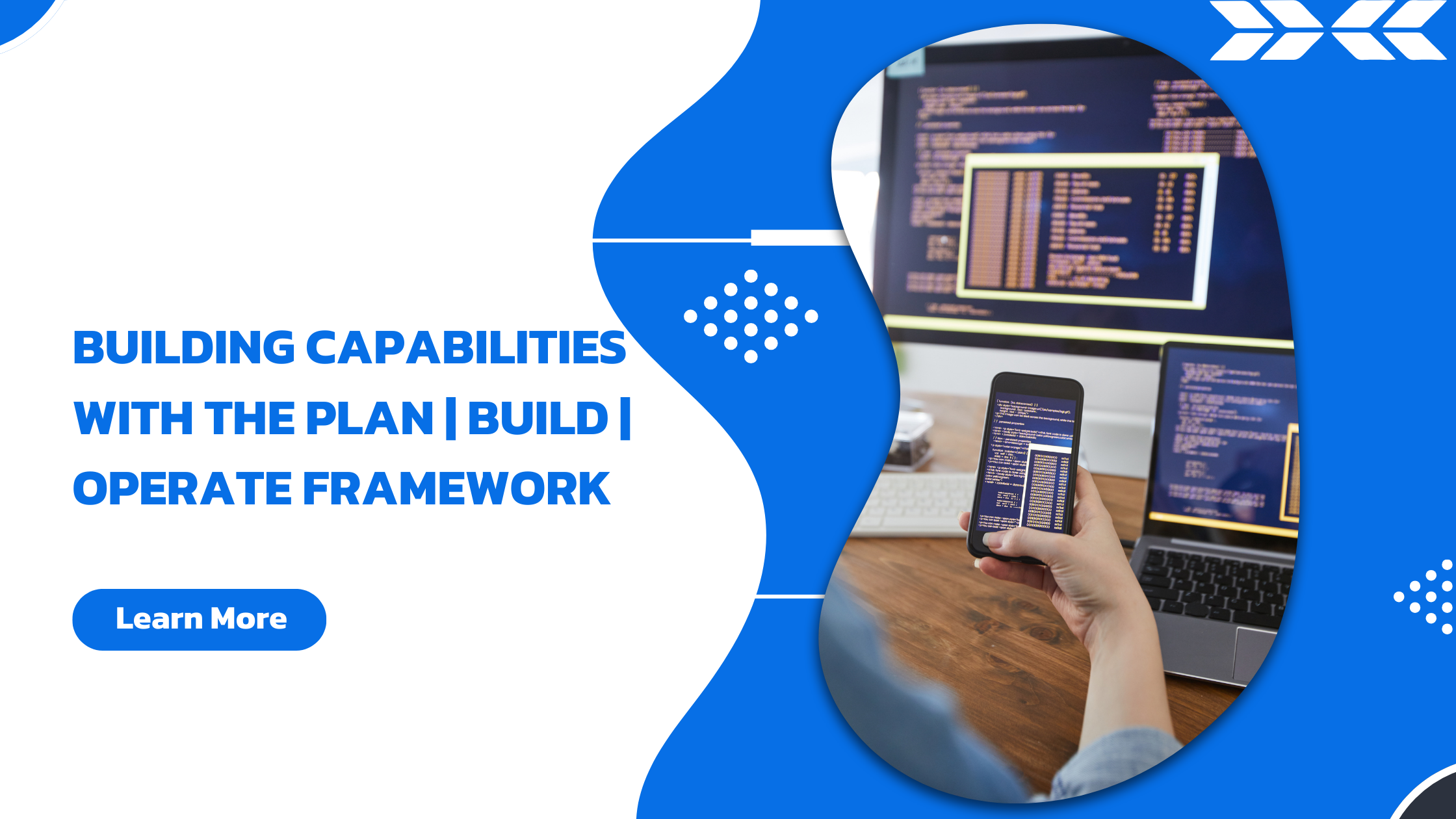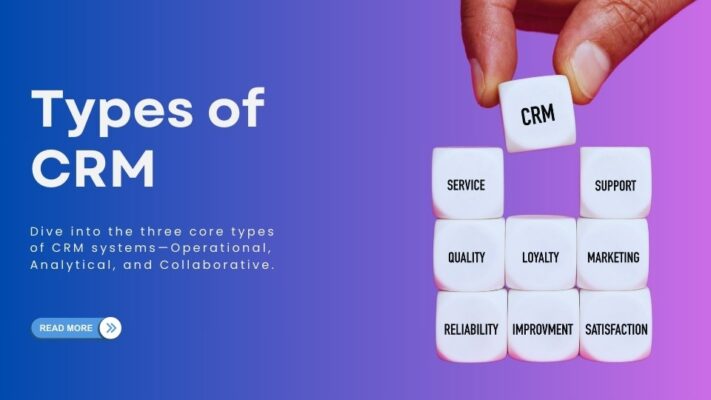
Customer Relationship Management (CRM) systems have become indispensable tools for businesses aiming to manage and enhance their interactions with customers. Understanding the different types of CRM systems—Operational, Analytical, and Collaborative—can help businesses choose the right tools and strategies to improve customer relationships and drive business growth. In this comprehensive guide, we will explore these three types of CRM, their features, benefits, and applications.
Introduction to CRM
CRM systems are designed to streamline and improve customer interactions, ensuring better customer satisfaction and loyalty. They help businesses manage customer data, track interactions, and automate various processes. The primary types of CRM systems are Operational CRM, Analytical CRM, and Collaborative CRM. Each type serves a unique purpose and offers distinct advantages.
Types of CRM
1, Operational CRM
Operational CRM focuses on automating and improving customer-facing business processes. It helps manage day-to-day operations and interactions with customers, enhancing efficiency and productivity.
Key Features
1. Sales Automation: Streamlines the sales process, from lead generation to closing deals. It includes features like lead management, contact management, and sales forecasting.
2. Marketing Automation: Automates marketing tasks such as email campaigns, social media posts, and customer segmentation. It helps in targeting the right audience with personalized messages.
3. Service Automation: Manages customer service interactions, including ticketing systems, customer support, and service requests. It ensures timely and effective resolution of customer issues.
Benefits
– Improved Efficiency: Automates repetitive tasks, freeing up time for employees to focus on strategic activities.
– Enhanced Customer Experience: Provides consistent and personalized interactions with customers, improving satisfaction and loyalty.
– Increased Sales: Streamlines the sales process, making it easier to track and close deals.
Applications
1. Retail: Manages customer interactions, tracks purchases, and automates marketing campaigns.
2. Healthcare: Schedules appointments, manages patient records, and automates follow-up communications.
3. Financial Services: Tracks customer interactions, manages accounts, and automates compliance processes.
2. Analytical CRM
Analytical CRM focuses on analyzing customer data to gain insights and make informed decisions. It helps businesses understand customer behavior, preferences, and trends.
Key Features
1. Data Warehousing: Consolidates customer data from various sources into a central repository for easy access and analysis.
2. Data Mining: Uses statistical techniques and algorithms to identify patterns and trends in customer data.
3. OLAP (Online Analytical Processing): Provides tools for multi-dimensional analysis of customer data, enabling deep insights into customer behavior.
Benefits
– Informed Decision-Making: Provides data-driven insights that support strategic planning and decision-making.
– Customer Segmentation: Helps in identifying and targeting specific customer segments with personalized marketing campaigns.
– Improved Customer Retention: Analyzes customer behavior to identify at-risk customers and develop retention strategies.
Applications
1. Retail: Analyzes purchasing behavior to identify trends and optimize inventory management.
2. Telecommunications: Monitors customer usage patterns to develop personalized offers and prevent churn.
3. Travel and Hospitality: Analyzes booking patterns to offer personalized travel packages and enhance customer experience.
3. Collaborative CRM
Collaborative CRM focuses on improving communication and collaboration between businesses and their customers, as well as within the business itself. It facilitates seamless information sharing and enhances customer relationships.
Key Features
1. Interaction Management: Tracks and manages all customer interactions across various channels, ensuring a unified customer experience.
2. Channel Management: Manages communication channels, including email, phone, social media, and live chat, to provide consistent and efficient customer service.
3. Document Management: Stores and manages documents related to customer interactions, ensuring easy access and collaboration.
Benefits
– Enhanced Communication: Facilitates seamless communication between different departments and with customers.
– Consistent Customer Experience: Ensures a consistent and personalized experience across all touchpoints.
– Improved Customer Relationships: Strengthens relationships by providing timely and relevant information to customers.
Applications
1. E-commerce: Manages customer interactions across multiple channels, ensuring a seamless shopping experience.
2. B2B Services: Facilitates collaboration between sales, marketing, and customer support teams to provide comprehensive service to clients.
3. Education: Enhances communication between students, teachers, and administrative staff, improving the overall educational experience.
Choosing the Right Type of CRM
Selecting the right type of CRM depends on your business needs, goals, and customer interactions. Here are some factors to consider:
Business Goals
– Operational Efficiency: If your primary goal is to improve operational efficiency and streamline customer-facing processes, an Operational CRM is the best choice.
– Data-Driven Decisions: If you aim to make data-driven decisions and gain deep insights into customer behavior, an Analytical CRM will be most beneficial.
– Enhanced Collaboration: If improving communication and collaboration within your business and with customers is a priority, a Collaborative CRM is the right fit.
Customer Interactions
– High Volume of Transactions: Businesses with a high volume of customer transactions will benefit from an Operational CRM to manage and automate processes.
– Complex Customer Data: Companies dealing with complex customer data will find Analytical CRM useful for extracting meaningful insights.
– Multi-Channel Communication: Organizations that interact with customers across multiple channels should consider a Collaborative CRM to ensure consistent communication.
Integration with Existing Systems
– Compatibility: Ensure the CRM system integrates seamlessly with your existing systems and tools.
– Scalability: Choose a CRM that can scale with your business growth and accommodate future needs.
– Customization: Look for a CRM that can be customized to meet your specific business requirements.
Implementing CRM Successfully
Implementing a CRM system requires careful planning and execution. Here are some steps to ensure a successful CRM implementation:
Define Objectives
Clearly define your objectives and what you aim to achieve with the CRM system. This will guide the selection and implementation process.
Choose the Right CRM
Based on your objectives and business needs, choose the CRM that best fits your requirements. Evaluate different options and consider factors like features, scalability, and cost.
Plan the Implementation
Develop a detailed implementation plan, including timelines, milestones, and responsibilities. Ensure all stakeholders are on board and understand their roles.
Train Your Team
Provide comprehensive training to your team on how to use the CRM system effectively. This will ensure they are comfortable with the new tools and processes.
Monitor and Evaluate
Continuously monitor the performance of the CRM system and evaluate its impact on your business. Make necessary adjustments to optimize its use and achieve your objectives.
Challenges in CRM Implementation
Implementing a CRM system can be challenging. Here are some common challenges and how to overcome them:
Data Quality
Ensuring data quality is critical for the success of a CRM system. Clean and accurate data is essential for meaningful insights and effective customer interactions.
User Adoption
Encouraging user adoption can be challenging. Provide training and support to ensure employees understand the benefits and are comfortable using the CRM system.
Integration Issues
Integrating the CRM system with existing tools and systems can be complex. Work with experienced vendors and IT professionals to ensure seamless crm integration.
Cost
Implementing a CRM system can be expensive. Evaluate the cost-benefit ratio and choose a solution that provides the best value for your investment.
Future Trends in CRM
The field of CRM is continuously evolving. Here are some emerging trends:
Artificial Intelligence and Machine Learning
AI and machine learning are transforming CRM systems by enabling advanced analytics, personalized customer interactions, and automation of routine tasks.
Customer Experience Management
CRM systems are increasingly focusing on customer experience management, providing tools to deliver personalized and consistent experiences across all touchpoints.
Mobile CRM
Mobile CRM solutions are becoming more popular, allowing businesses to manage customer interactions on the go and providing real-time access to customer data.
Social CRM
Social CRM integrates social media channels with traditional CRM systems, enabling businesses to engage with customers on social platforms and gain insights from social interactions.
Cloud-Based CRM
Cloud-based CRM solutions offer scalability, flexibility, and cost-effectiveness. Businesses are increasingly adopting cloud-based CRM to manage customer relationships efficiently.
Conclusion
Understanding the different types of CRM—Operational, Analytical, and Collaborative—can help businesses choose the right tools and strategies to enhance customer relationships and drive growth. Each type of CRM offers unique features and benefits, catering to different business needs and goals.
Operational CRM focuses on automating and improving customer-facing processes, Analytical CRM provides data-driven insights for informed decision-making, and Collaborative CRM enhances communication and collaboration within the business and with customers.
For businesses looking to implement CRM solutions effectively, partnering with experts can be beneficial. Upcore Technologies offers comprehensive CRM solutions to help businesses manage customer relationships and achieve their goals. Explore how Upcore Technologies can support your CRM journey and drive business success.
By understanding and implementing the right types of CRM, businesses can improve customer satisfaction, enhance operational efficiency, and drive growth.


